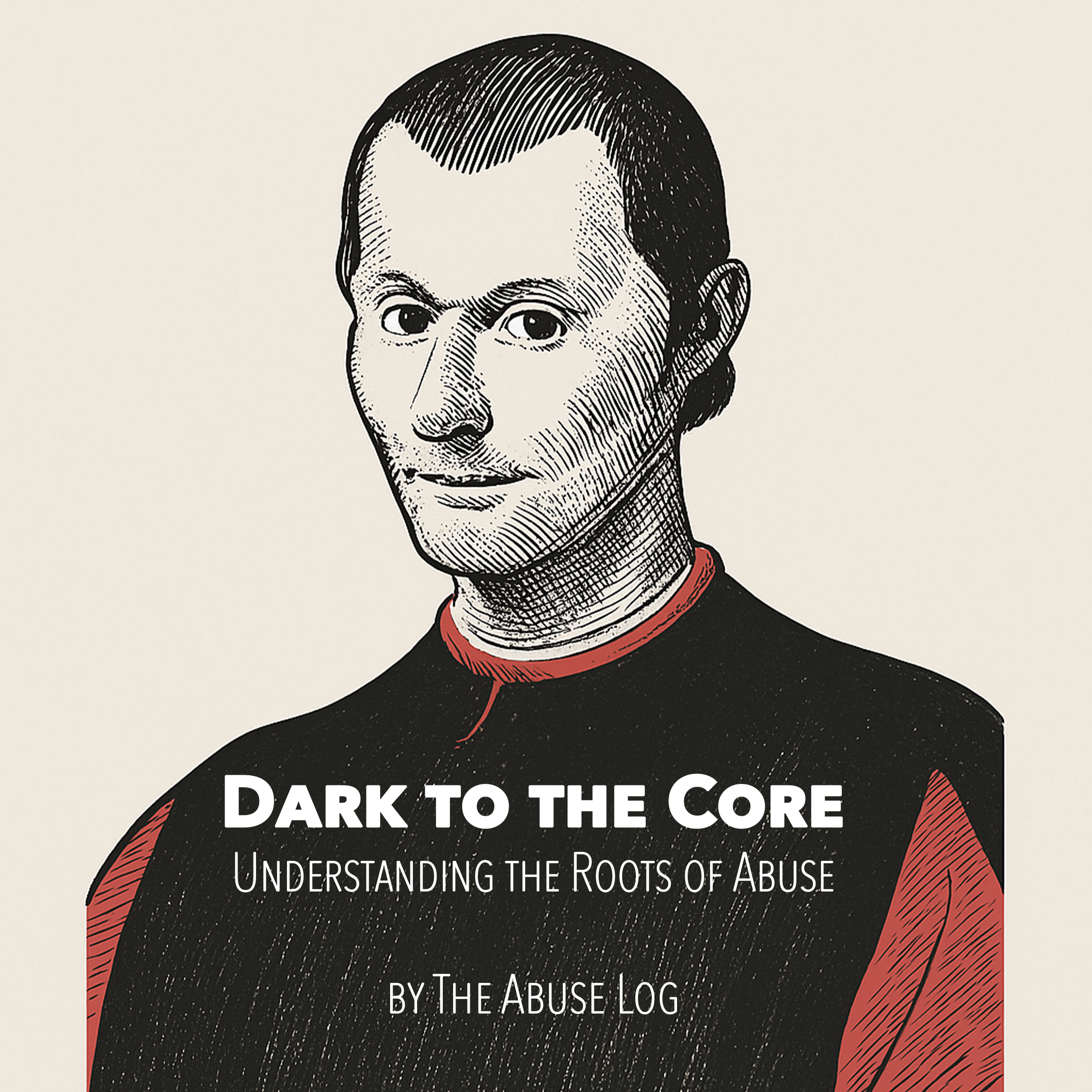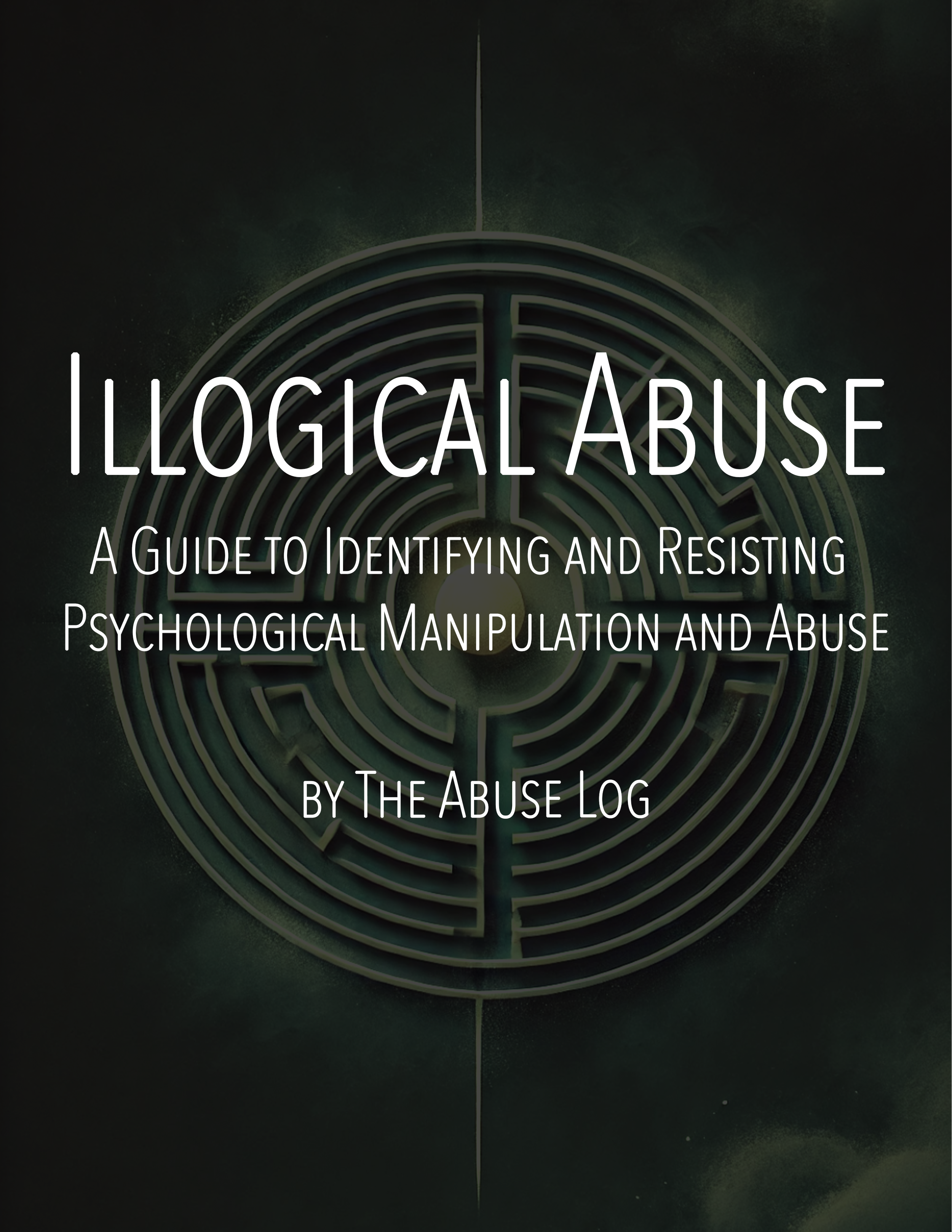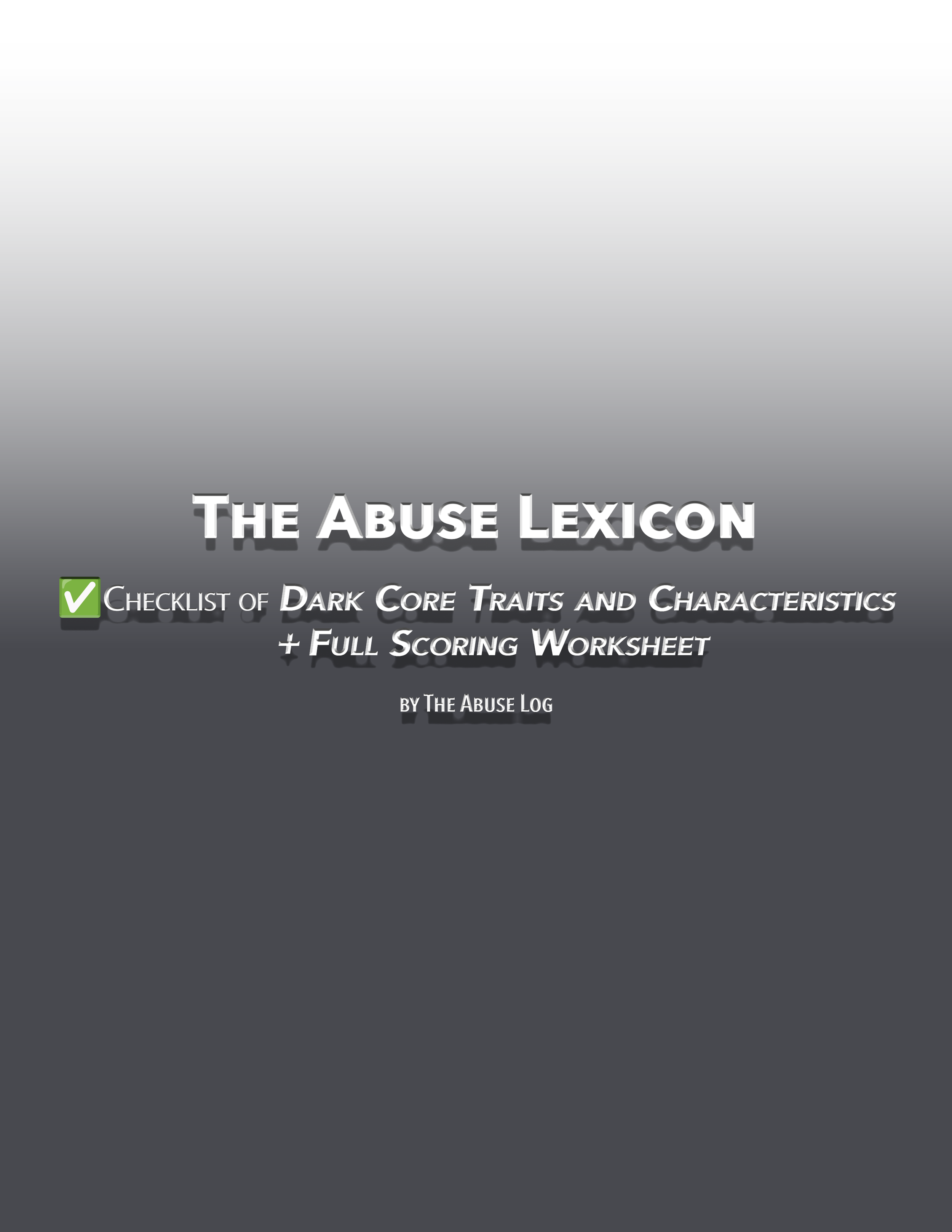Sam Vaknin: A Phenomenon in the Study of Narcissism and the Human Psyche
Introduction
Sam Vaknin is not just an author, academic, or public intellectual—he is a phenomenon. Known primarily for his groundbreaking book "Malignant Self-Love: Narcissism Revisited," Vaknin has redefined the conversation around Narcissistic Personality Disorder (NPD) and psychopathy. His influence spans across academic circles, self-help communities, and popular culture, thanks to his unique blend of academic rigor, lived experience, and sharp analysis.
Vaknin’s phenomenon lies in his multifaceted identity: a self-proclaimed narcissist who has turned the lens of analysis onto himself, a thinker unafraid to challenge traditional psychology, and a communicator who bridges the gap between dense academic theories and accessible insights for everyday people. This blog post will explore why Sam Vaknin is considered a phenomenon through three key lenses: his unorthodox approach to self-analysis, his contributions to the academic and online discourse on narcissism, and his status as both a subject and scholar of his own pathology.
1. The Mirror: Vaknin’s Self-Analysis as a Narcissist
One of the most striking aspects of Vaknin’s work is his openness about his own diagnosis with Narcissistic Personality Disorder. Unlike many scholars who study disorders from a clinical distance, Vaknin offers readers and viewers a front-row seat to the inner workings of a narcissistic mind. His perspective is akin to studying a predator from inside the predator's own den—raw, unfiltered, and unsettlingly honest.
Vaknin doesn't romanticize or excuse narcissism. Instead, he paints it as a tragedy—a maladaptive coping mechanism forged in response to deep emotional wounds and childhood trauma. He reveals the inner void that narcissists desperately try to fill with admiration, control, and grandiosity. This level of self-disclosure is rare in academic literature and even rarer in public discourse.
His ability to oscillate between clinical detachment and personal vulnerability makes his work uniquely compelling. Vaknin’s insights aren’t just theoretical; they’re lived experiences dissected under the cold light of reason. This rare combination of self-awareness and intellectual rigor has allowed him to become both a case study and a leading voice in the field.
Moreover, Vaknin’s self-analysis is not confined to abstract intellectual exercises. He often illustrates his theories with real-life examples, dissecting his own interactions, manipulations, and emotional patterns. For many readers and viewers, this creates an unsettling but invaluable bridge between theory and reality.
Vaknin doesn’t simply explain what narcissism is—he embodies it. And yet, paradoxically, he transcends it by using his disorder as a lens for critical self-reflection and intellectual discovery.
2. Vaknin's Academic and Cultural Contributions to Understanding Narcissism
Sam Vaknin's academic contributions are extensive and impactful, but his influence isn’t confined to ivory towers and academic journals. He has managed to bridge the often insurmountable gap between academic theory and popular understanding.
Vaknin’s book, "Malignant Self-Love," was one of the first to deeply explore the inner world of narcissists from a first-person perspective while maintaining scientific and academic grounding. Long before narcissism became a mainstream buzzword, Vaknin was meticulously documenting its nuances—how narcissists think, how they manipulate, and most importantly, why they do what they do.
Beyond his written work, Vaknin’s presence in the digital sphere has amplified his influence. His YouTube channel serves as an extensive library of lectures and discussions, where he tackles everything from narcissistic abuse to the psychological underpinnings of global social trends. In an era where attention spans are fleeting, Vaknin's long-form videos, filled with dense analysis, continue to attract millions of views.
Additionally, his ideas have bled into other academic disciplines. Sociologists, anthropologists, and political analysts have drawn on Vaknin’s insights into collective narcissism, exploring how nations, organizations, and political movements can exhibit narcissistic traits on a macro scale.
Vaknin’s intellectual reach also extends into the self-help community. Survivors of narcissistic abuse often describe his work as a lifeline—something that not only explained their experiences but validated their pain. This dual appeal, serving both academic circles and vulnerable individuals, speaks to Vaknin’s rare versatility as a thinker.
He has essentially democratized knowledge about narcissism, making it accessible to those who need it most without diluting its academic integrity.
3. The Paradox: Scholar and Subject of His Own Pathology
Perhaps the most captivating element of the Sam Vaknin phenomenon is the paradox he represents. He is both the subject and the scholar of his own pathology—a rare duality that adds layers of complexity to his persona and his work.
Vaknin does not approach his disorder as something to cure but rather as something to understand. He views narcissism not simply as a personality flaw but as a complex psychological survival mechanism. Through his introspective lens, narcissism emerges not as pure malevolence but as a maladaptive response to early psychological trauma.
This paradox extends to his public persona. Vaknin is charismatic yet unsettling, brutally honest yet subtly performative. Critics often accuse him of engaging in the very narcissistic behaviors he describes—self-aggrandizement, intellectual superiority, and a craving for admiration. Vaknin, however, does not deny these accusations; instead, he integrates them into his self-portrait, using them as further evidence of his theories.
This self-awareness creates an uncanny authenticity. Vaknin is not preaching from an ivory tower but from the trenches of his own mind. He is both the prisoner and the warden, both the symptom and the diagnostician.
At the same time, this dual role raises philosophical questions: Can someone truly escape the gravitational pull of their own pathology? Is Vaknin's self-analysis a form of redemption or simply another layer of narcissistic self-absorption? These questions remain open-ended, adding a layer of enigma to the Vaknin phenomenon.
The Cultural Ripple Effect: Why Sam Vaknin is More Relevant Than Ever
In a world increasingly dominated by social media, performative authenticity, and a rise in narcissistic traits across society, Sam Vaknin’s work feels prophetic. He anticipated the societal obsession with self-image, the weaponization of victimhood, and the narcissistic undercurrents driving global political movements.
His concept of "communal narcissism," where individuals or groups derive grandiosity from being part of a perceived virtuous cause, has proven particularly insightful in understanding modern social dynamics.
Moreover, Vaknin’s emphasis on narcissistic abuse has shed light on a pervasive but often misunderstood form of psychological harm. His ability to articulate the tactics, patterns, and emotional devastation caused by narcissists has given survivors both clarity and empowerment.
In many ways, Vaknin is not just analyzing a disorder but diagnosing a culture. He identifies the same patterns of grandiosity, fragility, and exploitation in societal structures that he does in individuals.
Final Thoughts: The Vaknin Legacy
Sam Vaknin is not merely a scholar, a writer, or a public intellectual—he is an intellectual phenomenon because he occupies a space few others dare to enter. His willingness to turn the scalpel on himself, his ability to make academic knowledge accessible, and his prescient observations about society make him indispensable in the study of narcissism and human psychology.
Vaknin represents both a cautionary tale and a beacon of insight. He reminds us of the fragility of the human psyche and the complex coping mechanisms we create to survive our inner voids.
Whether you view him as a flawed genius, a self-aware antihero, or a mirror reflecting society’s deepest insecurities, one thing is certain: Sam Vaknin is a phenomenon, and his impact will continue to ripple through psychology, culture, and self-understanding for years to come.








![The Abuse Log Notion Template [Basic]](https://images.squarespace-cdn.com/content/v1/65b9553c448d7e5b0ec1dfcd/4c83e581-b720-4cbe-83b1-2d72e7a9ac8a/Logo+Gumroad-Basic.png)
![The Abuse Log Notion Template [Advanced]](https://images.squarespace-cdn.com/content/v1/65b9553c448d7e5b0ec1dfcd/c3bb150a-a911-4f91-a23e-3621b98a2d55/Logo+GumroadAdvanced.png)
![The Abuse Log Notion Template [Professional]](https://images.squarespace-cdn.com/content/v1/65b9553c448d7e5b0ec1dfcd/7fa18cea-edf4-4325-8234-13f3527579c2/Logo+GumroadProfessional.png)
















































